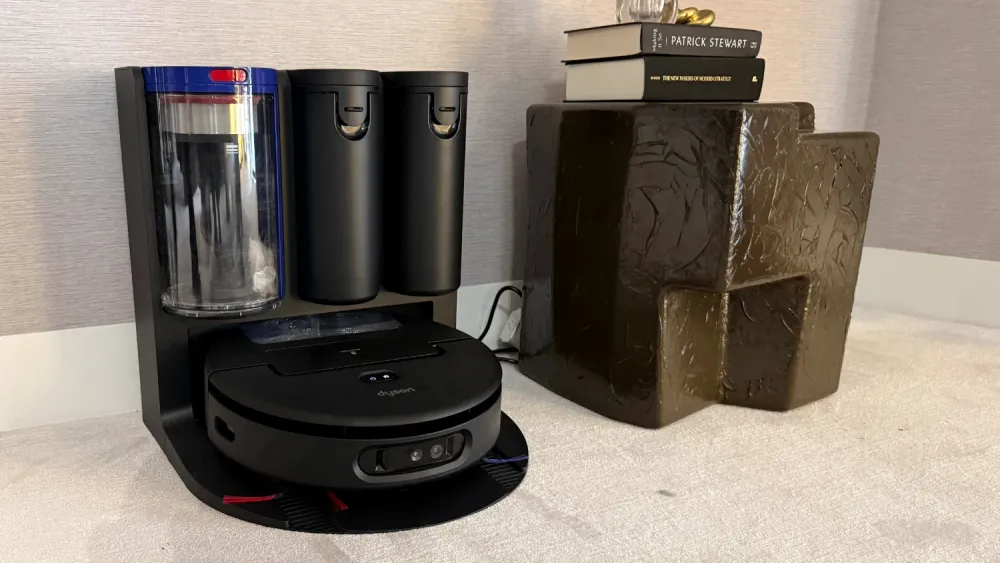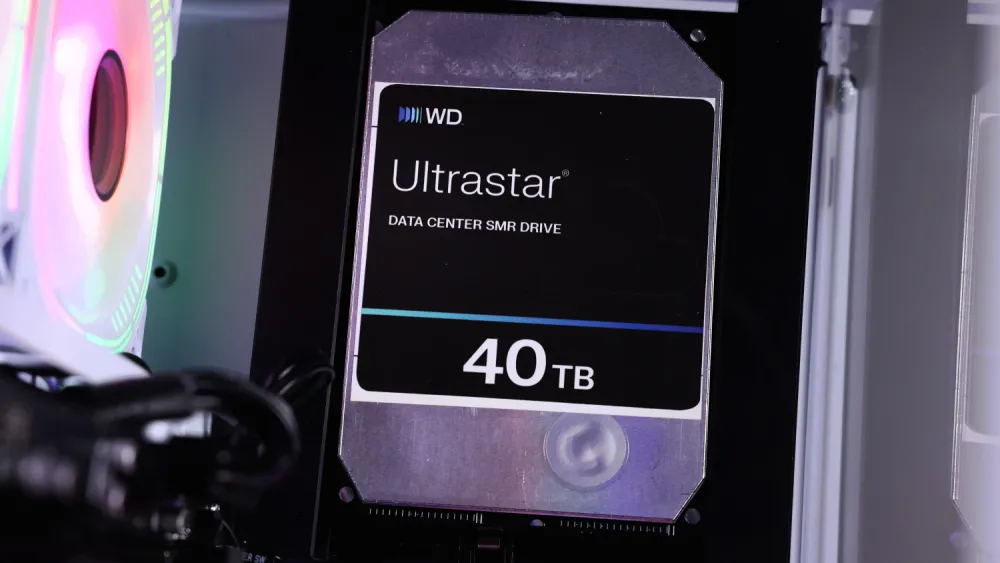Today Belkin released its 2024 Impact Report, outlining all the steps the company has taken in the past 12 months to improve its performance in sustainability.
This is not something I tend to cover here at BTTR, but not because I don't think it's important. It's more a challenge of balancing my writing time with all the various news and reviews happening in Australia.
But the numbers in Belkin's announcement are impressive. No, it's more than that – I'd argue its a benchmark for other companies to follow. Let's take a look at what Belkin has achieved:
A couple of years ago, Belkin made a commitment to transition to 72-75% post-consumer recycled (PCR) materials in its products. PCR refers to materials recycled from products that have been used by consumers and discarded, removing plastic destined for landfill.
As of today, 359 different products in Belkin's lineup use PCR plastics in its products. This equates to 432 metric tonnes of plastics that would have been created for new products have been sourced from products that were otherwise headed for landfill.
This year, Belkin's pushing it a bit further, updating several of its most popular chargers and cables to use materials consisting of 85-90% PCR. These will be certified by the Global Recycling Standard and sold in plastic-free packaging.
Beyond the shift to PCR plastics, Belkin has also made big strides to reduce its use of single use plastics in packaging. In the past 12 months, the company has reduced its single-use plastics in packaging by 89%, which far surpassed its 25% target by 2025.
Since 2019, this has combined to a cumulative total of 2183 tonnes of plastics saved from the environment, the equivalent of 114 million water bottles.
Belkin has also funded additional recycling initiatives, including 28,445 metric tons of electrical and electronic devices, 11,463 metric tons of packaging and 1,358 metric tons of batteries.
You can read the full Impact report for more details of Belkin's initiatives, but it's good to see the company taking its commitment to sustainability seriously, and delivering impressive results in the process.
🛒 Where to buy Belkin
Available from these trusted retailers:











BTTR is independent, but we may earn money when you purchase through links on our site. This helps us cover costs and continue providing honest reviews. Find out why you should trust us.
BTTR relies on support from readers like you to keep going. If you'd like to support our work, consider a one-time donation. Every little bit helps us to cover costs and stay independent. 100% of donations go directly to authors. Thanks for your support!







